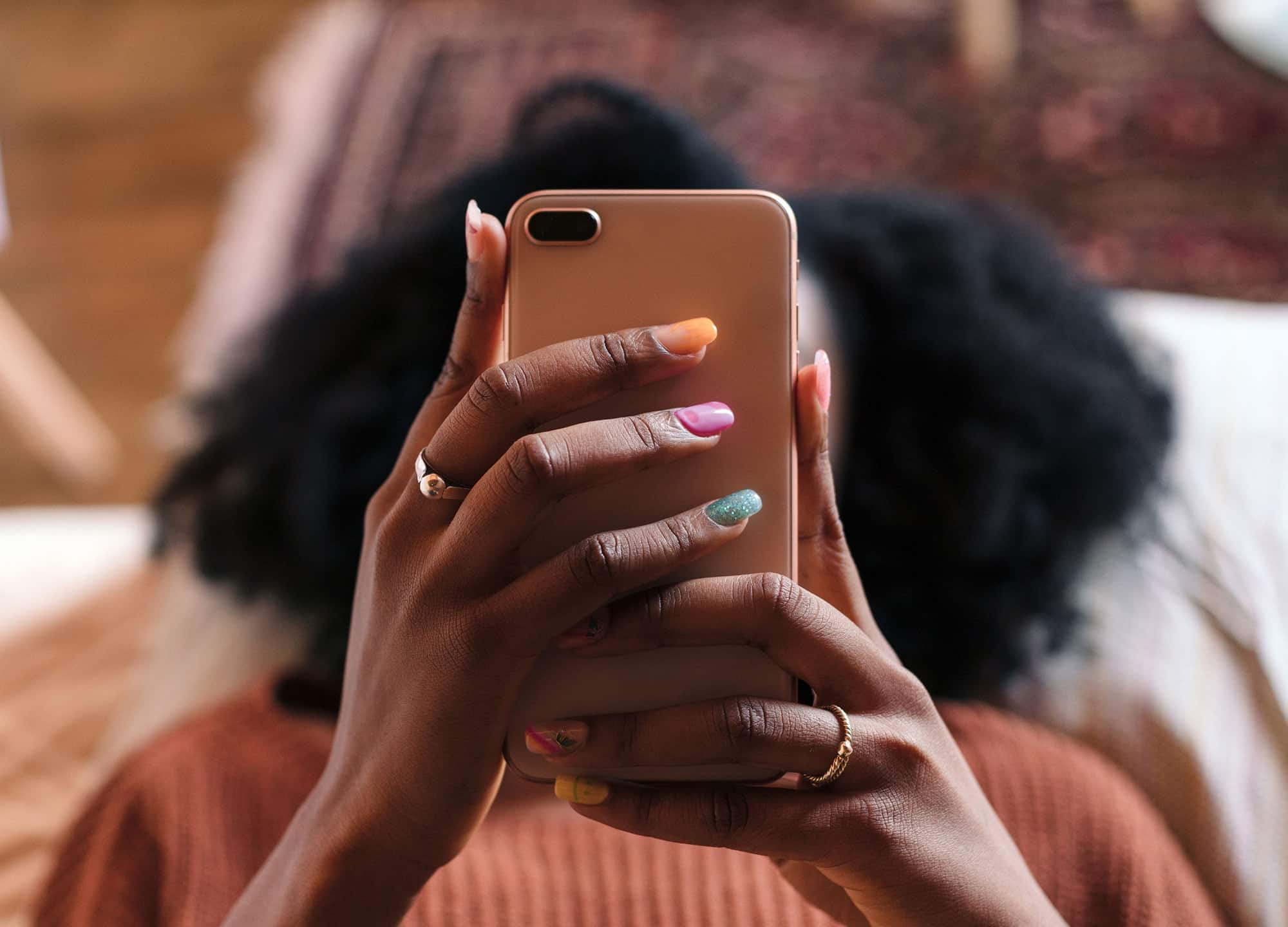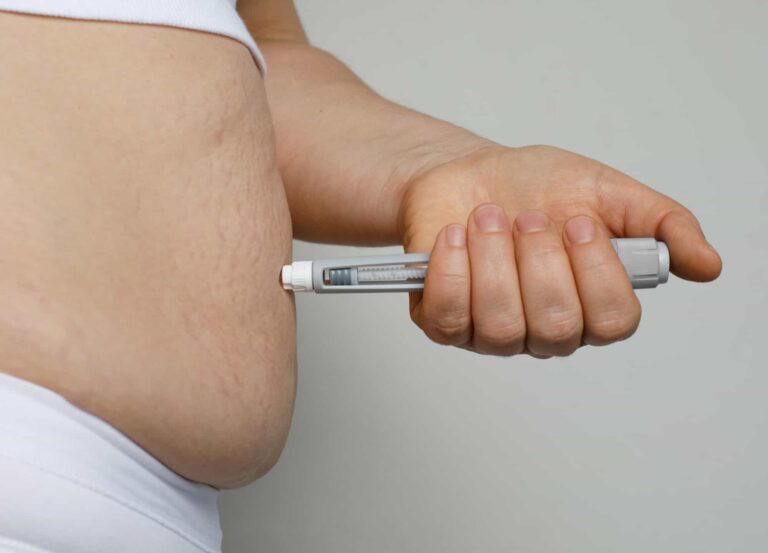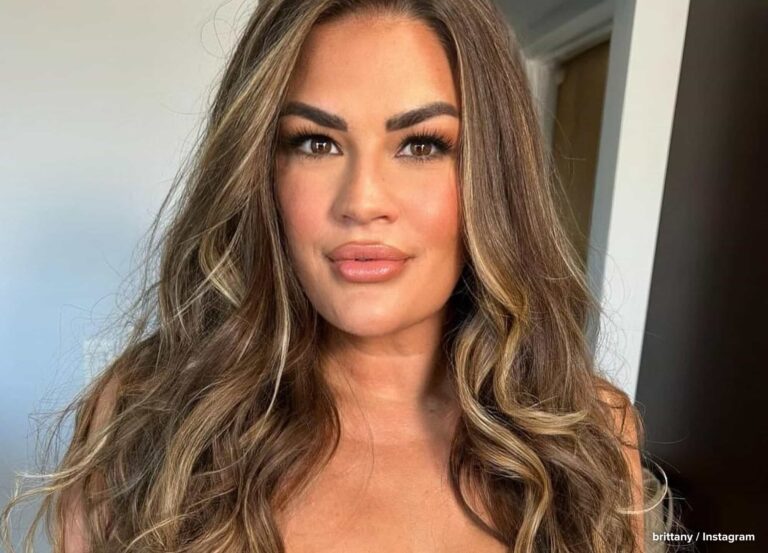“I am so worried and have deep regrets about my surgery.”
This Reddit teaser disrupted my inbox mere hours after I joined a subreddit called Plastic Surgery. The group, unlike most of its kind, isn’t private—anyone can pop in and explore the various threads. When I opened the email and clicked the link within, the story unfolded: “I did a rhinoplasty and temporal lift. I feel like I’m botched, and I am going to fall into a deep depression.” Alongside this anecdote is the profile of a pretty brunette, her serene face a composite of enviable features. This is her “before,” it turns out.
The responses to her post (and the “after” you have to swipe to see) range from consoling to inquisitive to critical. Some encourage her to stay calm, reassuring her that it’s still early—she’s only 10 days out—and that things will improve with time. Others pepper her with questions about her surgeon’s credentials, her choice of procedures, her expectations, her on-the-table photos. There are multiple reminders that she can always get a revision. (“They will probably need to add cartilage from another location, to restore the nose to a similar pre-op morphology,” one commenter presumes.) Several members urge her to seek therapy to help handle what will likely be an emotional recovery. More than a few tell her she looked better before surgery.
Social media’s plastic surgery circles
This particular subreddit, started in 2008, is “a general hub for discussion, before-and-after posts, stories, experiences, and general information about cosmetic/plastic surgeries of all sorts,” according to the community description blurb. It boasts more than 95,000 members—former plastics patients, prospective patients, self-identified surgeons, curious scrollers. And lest you get the wrong idea, there are plenty of posts celebrating happy outcomes too.
Similar plastic surgery support groups exist across social media, with Facebook being an especially diverse hotbed. While some online communities are nonspecific and welcome all, others are more exclusive, targeting only women over 40, for instance, or plus-size patients or those who’ve had gastric sleeve operations or tummy tucks or facelifts. The guidelines for the assorted Facebook groups are fairly standard: Respect members’ privacy. Be kind. No shaming, bullying, hate speech, soliciting. On Reddit, rules are more pointed: “Don’t ask us to choose your surgeries. Don’t post a selfie asking ‘lol what surgeries should I get.’ You should not want anyone to choose your expensive, painful surgical procedures for you.”
Over the years, Tracey, a 54-year-old real estate investor who’s had a handful of cosmetic procedures, has sought support in myriad online plastic surgery groups. She had a breast augmentation 15 years ago, when social media was still in its infancy. Back then, “patients were able to do some research online, but we were mostly dependent upon surgeons to give us the full picture,” she says. Roughly a decade later, when she began developing symptoms that she attributed to her breast implants, she turned to social media to seek insights from patients rather than doctors. “Once I decided I needed to remove my implants, I found private FB groups solely for this purpose,” she tells us.
According to Tracey, many women—men too, but women mostly—join these forums as they’re starting to research procedures because they’re looking for no-holds-barred, unbiased info and firsthand accounts. Within these enclaves, members discuss surgeons (“the good, the bad, the gossip,” she says), grievances, successes, pricing, pre-op tips, recovery truths, and more. They share personal experiences and unedited before-and-afters. “We seek support from one another, reality checks, even ‘Does this look infected?’ or ‘Is this normal?’” Tracey says.
They rely on one another for education, using knowledge they’ve picked up along the way to help decode plastic surgeon jargon, like mini lift versus SMAS versus deep plane. “I consulted with over a dozen surgeons, and they were all vague about their version of a facelift,” Tracey notes. She says women in facelift groups commonly complain about feeling underdone. (At five months post-facelift herself, Tracey confesses that she too is disappointed with her results.) “We go in thinking we’re getting one variation of a lower face and neck lift, but we end up getting another,” she says. “Some are nothing more than ‘mini lifts’ whose results fail quickly.”
The new word of mouth
Through unfiltered photographs and reviews, “we compare outcomes as well as how we’ve been summarily treated,” Tracey adds. “If you’re an awesome surgeon but your staff is rude, we will share it. If you fly through the consultation because you’re put out by all our questions, we will share it. If you have a less-than-stellar result and refuse to fix it, we will share it.”
They are influencers, in the truest sense of the word. And their unique brand of transparency is exactly what’s drawing patients to plastic surgery forums. “This is the new word of mouth,” says Dr. Babak Azizzadeh, a board-certified facial plastic surgeon in Beverly Hills, California. “Instead of asking your friends [for guidance], you do your research online, and you can find so much information so quickly.”
Those who are pondering procedures are hungry for full-disclosure details. Lou, a company director from London, is relatively new to social media. She joined Instagram last summer, solely to chronicle her facelift and lip lift journey—and, in doing so, promptly grew an unofficial group of her own. Her candid selfies and videos reveal how she prepared for surgery; capture her moments before she entered the O.R.; and track her recovery, from immediately post-op to six months out. When followers ask her for input on surgeons and treatments, she says, “it’s important that I tell them I’m not an expert—I’m just a lady who had a facelift.”
Lou is constantly surprised by how much folks disclose publicly—“sometimes TMI,” she says. “I try to advise them, gently, to be a little bit discreet.” But oversharing seems to be a hallmark of plastic surgery groups. “There is a level of trust that is built in these communities,” notes board-certified New York City plastic surgeon Dr. Melissa Doft, who’s had many patients find her through online hubs. When patients receive referrals from fellow members, she says, they value them as they would referrals from a close friend.
According to New York City–based neuropsychologist Dr. Sanam Hafeez, the relationships forged in these circles are typical of social media, where we have “friends” whom we’ve never met IRL—like-minded strangers who let one another in and cheer one another on. “These groups make people feel accepted,” she says, offering a seemingly safe space in which to explore frequently stigmatized procedures. “Their shared experiences bond them,” she adds—so much so, that in certain scenarios, members “may start to identify with each other’s emotions or assessments more than their doctor’s.”
The impact of groupthink on patients
Plastic surgeons cite this as their primary gripe with online communities. “Support groups can be an information tool to help people make decisions, but they can also impact the doctor-patient relationship,” Dr. Azizzadeh says. “Mass groups of nonexperts giving ‘advice’ to people without nuance can be dangerous, in some cases.”
Breast implant illness (BII) Facebook groups have become famously controversial for precisely this reason. Beyond compelling thousands of women to question their decision to get implants, “they’ve actually led many to have surgeries, which the scientific literature does not necessarily support,” says Dr. Doft. Select BII leaders have also been accused of breeding a mistrust of doctors—something that board-certified plastic surgeon Dr. Catherine S. Chang has experienced firsthand in her Beverly Hills, California, practice. When one of her longtime patients got involved with a BII group, “she became almost radicalized,” Dr. Chang says. “Her tone became very accusatory, and she no longer felt like I was on her side.”
Dr. Richard G. Reish, a board-certified New York City plastic surgeon, finds “the level of misinformation [perpetuated by online groups to be] really quite remarkable”—with revision rhinoplasty forums being among the most egregious. “Way too often, people are ignoring good medical advice from the very surgeon who operated on them and instead listening to a random person who has the experience of one,” he says, alluding to the phenomenon of patients equating their individual been-there-done-that learnings to actual medical credentials—and some even going so far as to diagnose other members and recommend revisions. One of Dr. Reish’s patients drove herself to the ER after being convinced by her rhinoplasty club that she was suffering a catastrophic complication when, in fact, she was having a totally normal, expected, and temporary side effect of treatment.
“This is my biggest concern with plastic surgery social media groups—they encourage patients to take subjective opinions as the voice of authority,” says Dr. Umbareen Mahmood, a board-certified plastic surgeon in New York City. The “groupthink mentality” can threaten to persuade even satisfied patients that their outcomes are somehow “suboptimal.” Without knowing a person’s starting point or where they are in their recovery, she says, “they’re telling them that they need a revision at three weeks post-op—when, in reality, they’re still just very swollen.” Such interactions can even border on bullying, causing patients unnecessary anxiety.
The fact is, “a lot of patients crave external validation,” notes Dr. Chang, especially during the early healing process, when they’re most vulnerable. “Some of these groups can provide that—but oftentimes not.” When patients are met with disapproval or doubt, they tend to second-guess their results and can spiral in unhealthy ways.
While Tracey has found her groups to be mostly “supportive and informative,” she has witnessed “petty, jealous, judgy” behavior and its detrimental effects. “Just yesterday,” she tells us, “a woman posted: ‘For my mental health, I am taking a break from this page.’”
Without vigilant oversight, bad vibes can swiftly spread. “Groupthink bias implies the tendency for individuals to feel that they need to conform to the more popular opinion of the group,” Dr. Hafeez explains. “Hence, the louder or more complaining of the members can set the tone.” And negative feedback tends to hold more sway over us than positive, she adds.
When I return to the Reddit post from the young woman fearing she’d been botched, I find it locked, with a note from the moderator explaining that “some of the comments [were] starting to go off the rails,” and so she chose to end the conversation.
Should you join a social media support group?
We’re not suggesting that online plastic surgery groups are universally harmful. On the contrary, the right community can be a source of insight, comfort, perspective, and inspiration. However, “this shouldn’t be your only decision-making tool,” says Dr. Azizzadeh. “Use your gut, other resources, a trusted professional,” he says. And again, don’t take medical advice from anyone other than your doctor, who is familiar with your case.
Moreover, try to avoid comparing your outcome to anyone else’s. “Patients can get disillusioned quickly if their results don’t level up to what they see on social media,” says board-certified New York City facial plastic surgeon Dr. Gary Linkov, but results take time to settle and everyone heals differently.
Lastly, before putting yourself out there and inviting commentary, consider your headspace. Do you feel content and confident—or anxious and inadequate? How will you react if the reviews aren’t entirely glowing? When venturing into these circles, says Dr. Azizzadeh, it’s important to think critically about what you see and hear—and to, above all, count on your surgeon to get you from “before” to “after” while preserving your peace of mind.











